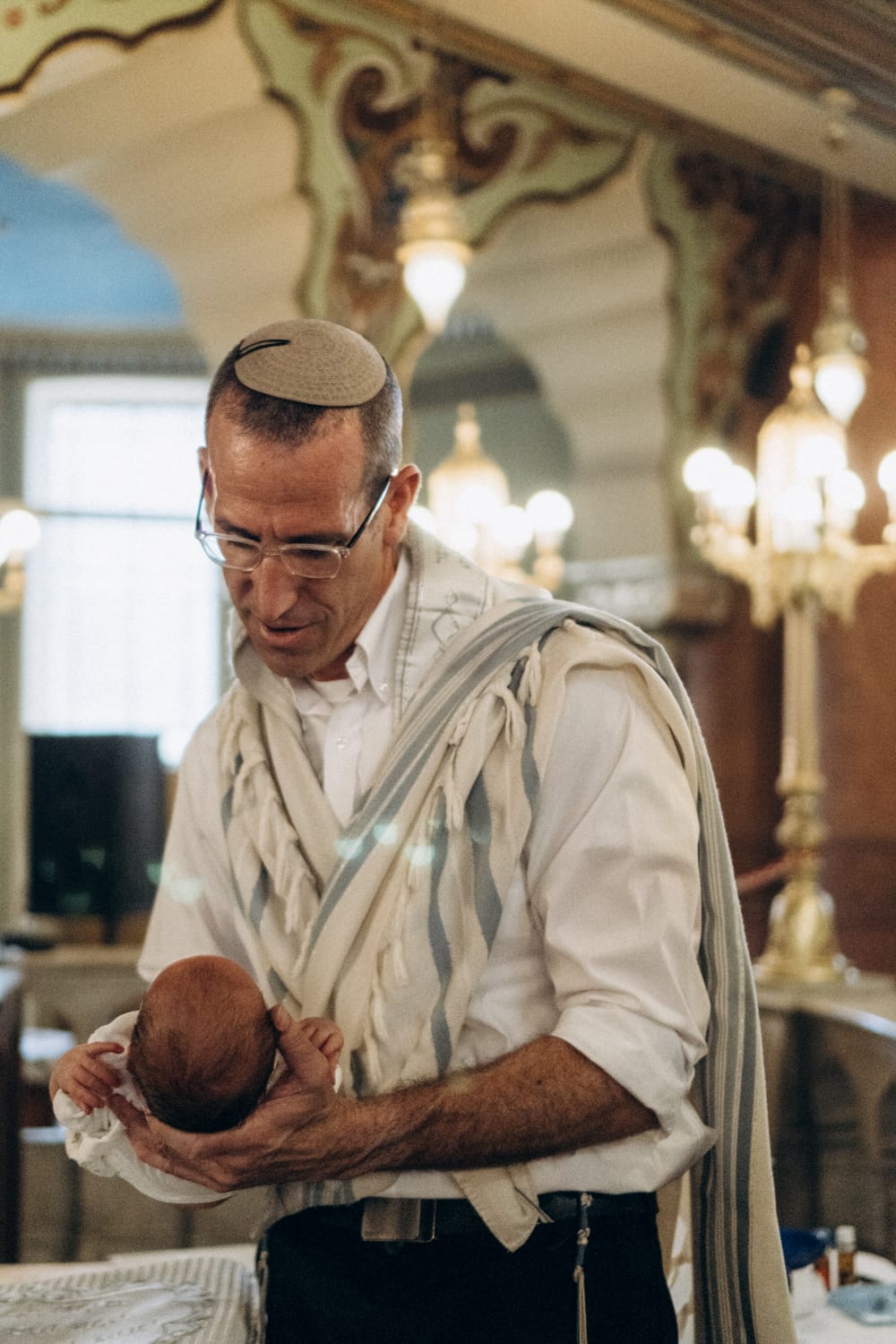Following Tradition To a Fault
- Hayim Leiter
- Jul 9, 2018
- 1 min read
Updated: May 30, 2024

Photo by Jonny Gios on Unsplash
Another baby almost died as a result of his Brit Milah. The article in Yeshiva World News recently reported: “‘Three days following the bris a number of marks were detected,’ [the mother] explained during a special Knesset committee discussion initiated by MK (Meretz) Michal Rozen. ‘We thought it was diaper rash. Then we followed with a blood test and spinal puncture, which led us to learn the child was suffering from herpes, from the mohel who did Metzitzah b’Peh [direct oral suction on the wound]. The child could have died. The complaint was forgotten, and nothing was done. Three months passed, and [the Rabbinut] still did not speak with the mohel, who continued practicing.’"
To continue reading click here



Comments